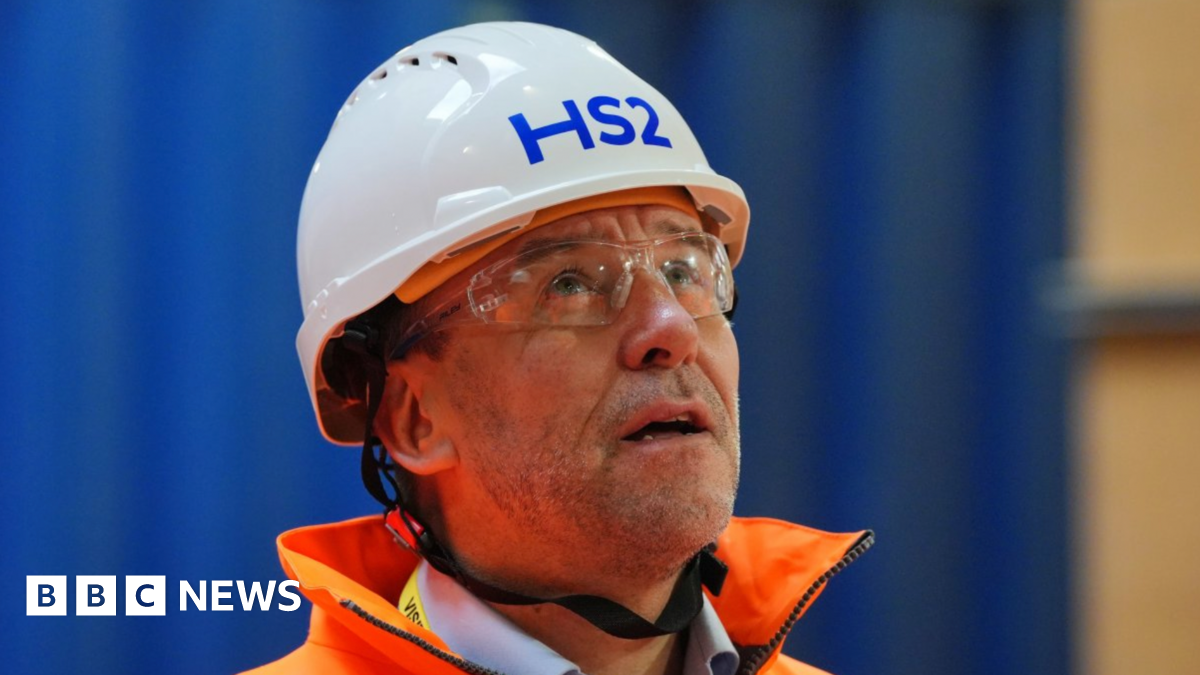Stay informed with free updates
Simply sign up to the Chinese economy myFT Digest — delivered directly to your inbox.
Investment banks are cutting their growth forecasts for China, believing Beijing risks undershooting its official target of about 5 per cent as confidence wanes in the world’s second-largest economy.
Bank of America on Wednesday lowered its forecast to 4.8 per cent from 5 per cent and Canadian investment bank TD Securities cut to 4.7 per cent from 5.1 per cent. The moves followed a UBS cut last week and a series of similar reductions over the summer.
Economists at Citi this week warned that Beijing’s official growth target — which is the lowest in decades at “around 5 per cent” — “could be at risk”, adding to mounting concerns over the trajectory of China’s economy as policymakers grapple with a prolonged property sector slowdown and weak consumer and investor confidence.
The median forecast for full-year gross domestic product growth across dozens of economists polled by Bloomberg has slipped to 4.8 per cent, compared with 4.9 per cent in mid-August. Last year, China grew 5.2 per cent, in line with forecasts.
Bank of America analysts said China’s growth engine was “sputtering” in the second and third quarters, adding that the economy “continues to struggle with a confidence problem”.
For decades, China’s GDP growth easily met the government’s target, which is announced at a meeting of the rubber-stamp parliament early each year. But in the wake of the Covid pandemic, the figure has attracted close scrutiny.
“I think [the reason] why it’s now acquired an increased importance is [that] there are obviously downside risks to growth,” said Frederic Neumann, chief Asia economist at HSBC, which expects 4.9 per cent growth. “By putting the growth target out there, you’re anchoring expectations in the market.”
He added there was “little doubt” Chinese policymakers could steer growth towards 5 per cent given their “strong grip on the economy”.
Weaker than expected second-quarter growth of 4.7 per cent in July set off a flurry of forecast cuts. Goldman Sachs, Citi and Barclays reduced their full-year growth targets in July to 4.9, 4.8 and 4.8 per cent respectively, all from 5 per cent. JPMorgan expects growth of 4.6 per cent.
UBS chief China economist Wang Tao last week said the Swiss bank, which now projects growth of 4.6 per cent for 2024 and just 4 per cent for 2025, lowered its expectations “due to a deeper-than-expected property downturn which we believe has yet to bottom” and its impact on “household consumption”.
UBS has also revised down its China GDP deflator, which reflects the difference between nominal and real prices, because it expects “deflationary pressures to persist for longer”.
Ahead of August data releases next week on the economy and inflation, Citi on Tuesday said China last month suffered a “double whammy of weather shocks and weak demand”, pointing to an 8.5 per cent contraction in steel output, widening from 5.3 per cent in July.
Hunter Chan, an economist at Standard Chartered, which has forecast 4.8 per cent growth for the year, also pointed to the risk of “escalating trade tensions between China and other economies” on top of the drag from a housing slowdown in the first half. “Right now, the government’s policy on the housing sector is about stabilising [it],” he said.
China missed its 2022 GDP target, expanding just 3 per cent on a goal of 5.5 per cent after a series of Covid lockdowns. A drumroll of disappointing data releases this year has spurred calls for more government stimulus.
Alex Loo, a strategist at TD Securities, projected Beijing would miss its target again this year unless there was a mid-year budget expansion, citing “faltering spending”, a lack of private investment and “pessimism taking hold” among domestic companies and major importers.
He said officials were likely to “steer away from mention of the target like in 2022” if the August data misses expectations again.
Credit: Source link











